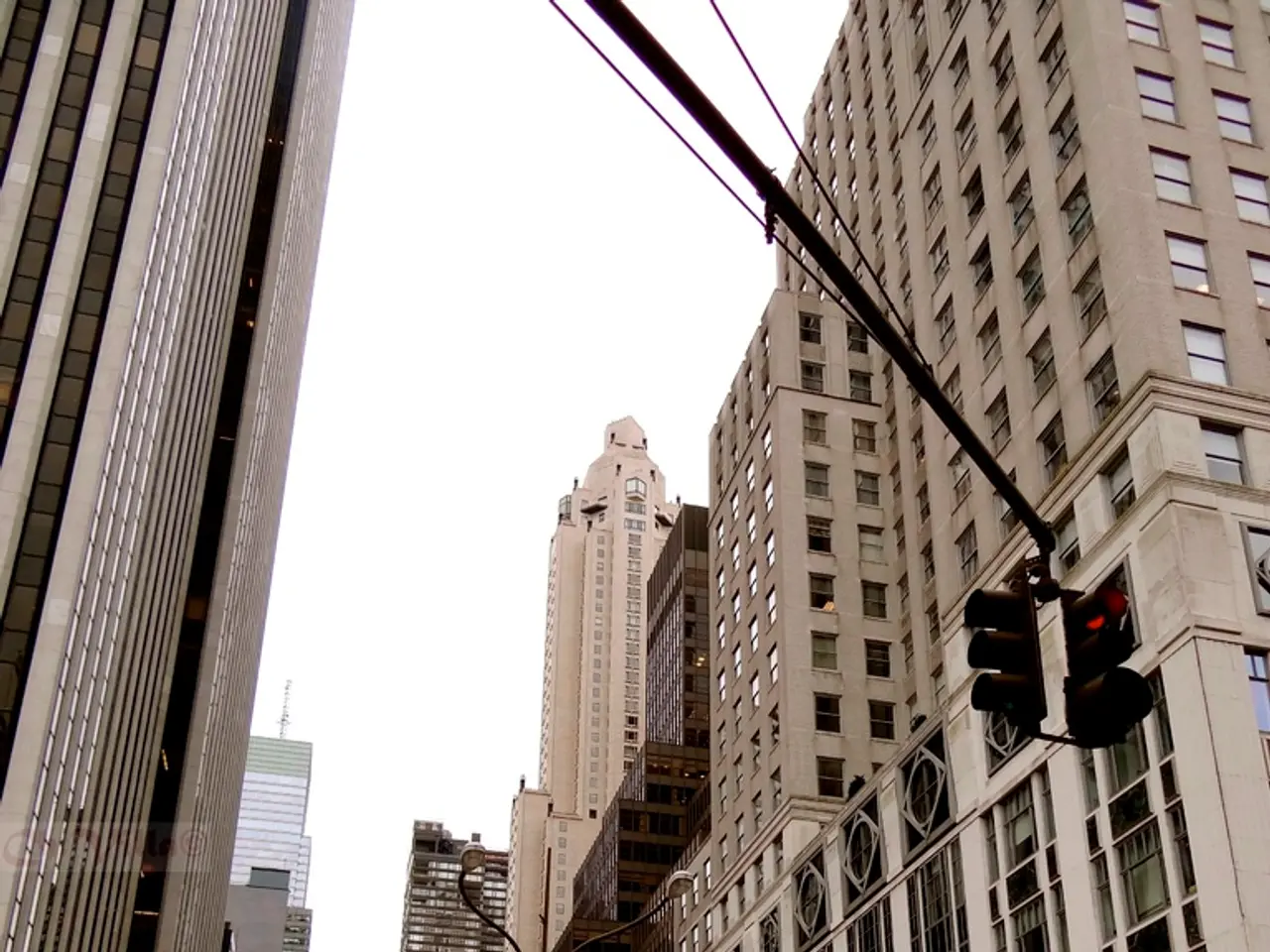Inequality between wealth and impoverishment bears a substantial psychological weight - Wide disparity in wealth levels also extends to mental health and thought processes
In a groundbreaking study published in the journal "Social Psychological and Personality Science", researchers from the University of Salamanca delved into the psychological effects of perceived economic inequality on individuals and societies. The comprehensive research, led by Ángel Sánchez-Rodríguez, analyzed data from 71 countries, providing a broad, international perspective on the impact of perceived wealth disparities on mental health and societal well-being.
The study revealed several significant impacts, including a lower overall well-being and life satisfaction among people as perceived economic inequality increases. This effect extends beyond emotional dissatisfaction, affecting multiple aspects of human flourishing.
Moreover, the research linked perceived inequality to people's sense of meaning and spirituality, indicating deep psychological and existential consequences. As individuals perceive larger economic differences, they tend to perceive a larger gap between their desired social and economic state and their actual reality, intensifying feelings of dissatisfaction and strain.
The study underscores that perceived economic inequality is not just a matter of social fairness and justice, but a pressing psychological problem for societies. The authors caution against solutions that merely reduce the perceptibility of inequality without substantive change, as such measures would not improve psychological well-being.
Meanwhile, the number of people living below the World Bank's expanded poverty line is stagnating, while the wealth of the super-rich is growing faster than ever, with nearly 2,800 billionaires worldwide, an increase of over 200 in the past year. Reports by Oxfam suggest a widening gap between the rich and the poor, although the Oxfam report focuses on the actual extent of economic inequality in each country rather than its perceived impact.
The Salamanca study and the Oxfam report both highlight the issue of economic inequality, but from different perspectives. While the Salamanca study focuses on perceived inequality, the Oxfam report delves into the actual extent of economic inequality and its consequences on poverty and hunger.
The authors of the Salamanca study suspect that spirituality may sometimes be used to cushion burdens, such as perceived injustices. However, the study does not specify any particular solutions to address perceived economic inequality.
The study's lead author, Ángel Sánchez-Rodríguez, emphasizes that significant economic inequality in many countries is not just a matter of social justice, but also a pressing issue regarding the psychological well-being of societies. The researchers warn against the idea that reducing the perceptibility of inequality is an effective strategy instead of addressing the problem itself, as the more economic inequality people perceive around them, the lower their overall well-being.
- The community policy should consider integrating measures to combat the psychological effects of perceived economic inequality, as per the findings in the study published in "Science".
- In light of the study's findings linking perceived economic inequality to mental health, employers might want to revise their employment policy to cater to the well-being of their employees.
- To foster overall health-and-wellness and mental health, governments should address the issue of economic inequality as a matter of priority, following the conclusions of the study in "Social Psychological and Personality Science".




